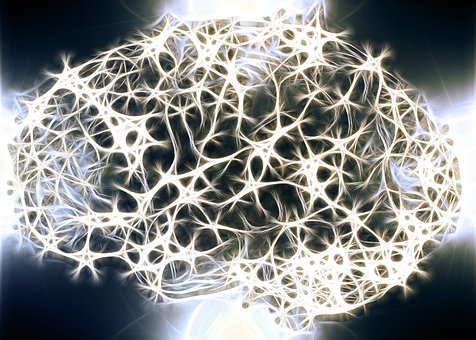
Why Good Quality Sleep Is Important for Good Health
Posted by SoundHealth on Tuesday, March, 15 2011 and filed under Body
Key topics: Sleep • Diet • Rapid Eye Movement

Sleep is an essential way of resting, recharging and nourishing the body and brain. Getting an adequate amount of good quality sleep is essential for better health.
During sleep, the brain goes through an organized program which includes periods of intense electrical activity. The exact purpose of this activity is not known, but it is thought that sleep is a period of recuperation and active restoration for both the body and mind.
During the night, the brain cycles through two different types of sleep. These are rapid eye movement (REM) sleep and non-REM sleep. REM sleep occurs on and off throughout the night and is associated with dreaming. Non-REM sleep consists of several stages including deep sleep, decreased metabolic activity, slowed breathing and heart rate, and the absence of dreaming.
It is believed that during sleep the whole body is restored. The metabolic rate (a measure of energy used) drops, which allows the body to conserve energy. Despite this, during deep sleep, the body enters its most intense period of growth, building new proteins and repairing or replacing cells.
The brain itself also undergoes recovery during REM sleep. This period of sleep is thought to be a process where the information of the day is recorded into the brain, where links are built across the brain cells in order to fix events into the permanent memory and unnecessary links are wiped out. If sleep has this restoratative effect on the brain and memory, it makes sense then that people who don't get enough sleep can develop mental and physical illnesses.
How Much sleep Do We Need?
The amount of sleep we need varies from person to person. Young people going through periods of rapid growth will need more sleep and older people will need less. For an average adult, about seven hours of sleep is usually sufficient. However, the quality of sleep, rather than the length, is also very important.
Boost sleep with diet and Nutrients
Diet plays an important role is ensuring good quality sleep. To ensure a restful sleep, keeping blood sugar levels balanced throughout the day is important. This means eating regular meals, including some protein-rich food in your diet, avoiding refined foods, coffee, sugary foods and drinks, especially right before you go to sleep.
A lack of the minerals calcium and magnesium can trigger or exacerbate sleep difficulties because these nutrients work together to calm the body and help relax nerves and muscles. Magnesium levels can become depleted if you are stressed or consume too much sugar. Magnesium-rich foods include seeds, nuts, green vegetables, whole grains and seafood. Good sources of calcium are milk products, green vegetables and nuts.
Research has shown that raising levels of serotonin, a brain chemical involved in sleep, can induce it. Serotonin is made from the amino acid tryptophan. Foods that are particularly high in typtophan are chicken, cheese, tuna, eggs, nuts, seeds and milk.
Tips for Getting a Good Night's Sleep
Following a regular routine and creating a sleep-inducing environment can ensure that you get a good quality, restful sleep:
- Avoid large amounts of food or stimulants like tea, coffee and chocolate, late in the evening, at least 2 hours before you go to sleep
- Exercise during the day but avoid vigorous or intense exercise before bedtime
- Keep the bedroom dark, peaceful and well ventilated. The body needs to be cool to fall asleep so make sure the room isn't too hot
- Try going to bed and getting up at the same time every day
Health, fitness and longevity
Based upon the principles of health
in the Qur'an and Prophetic Traditions.
HealthyMuslim.Com
There are two bounties in which
most people lose out: good health
and free time. Al-Bukhari.